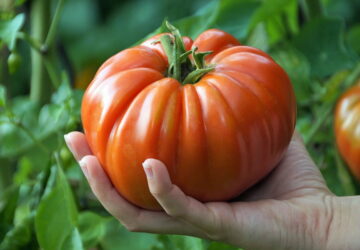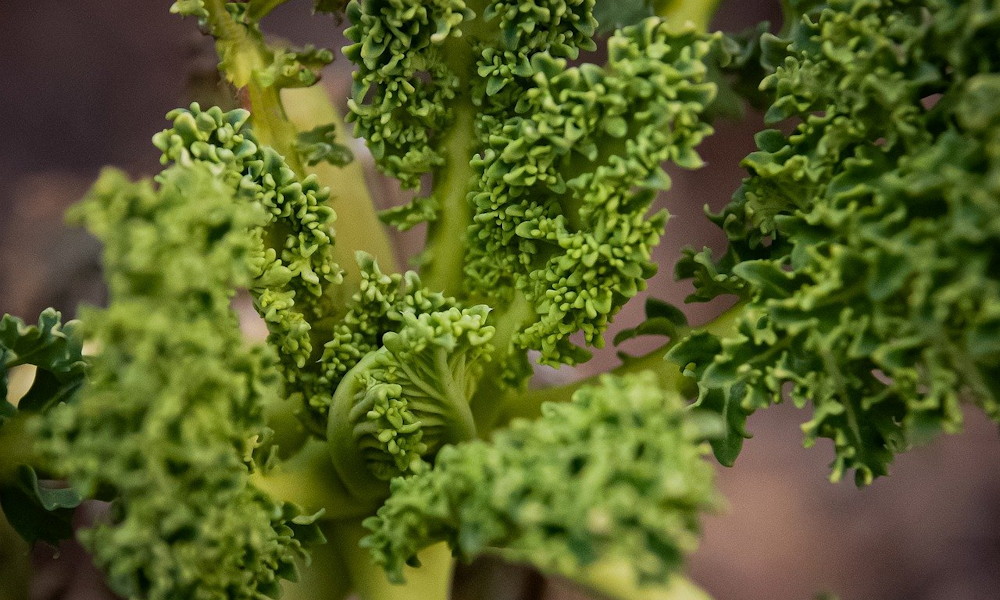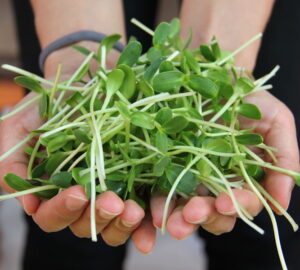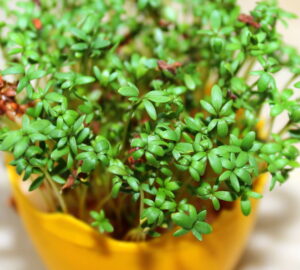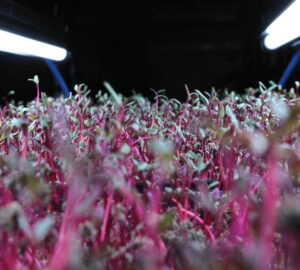As winter blankets the earth with its chilly embrace, our bodies crave warmth and nourishment. Embracing seasonal produce is not only a delightful way to connect with nature but also a smart approach to maintaining a well-balanced diet. In this article, we’ll explore three winter-friendly vegetables that not only thrive in the colder months but also offer a myriad of health benefits. Get ready to elevate your winter cuisine with these hearty and nutritious veggies.
Kale: The Winter Green Powerhouse
Kale, with its deep green leaves, takes the center stage as a winter superfood. Packed with vitamins A, C and K, as well as fiber and antioxidants, kale is a nutritional powerhouse. Its robust nature allows it to withstand chilly temperatures, making it an ideal choice for winter gardens.
Why in Winter
During winter, our immune systems often need an extra boost, and kale steps in as the perfect ally. Rich in immune-boosting vitamin C, this leafy green can help ward off seasonal illnesses.
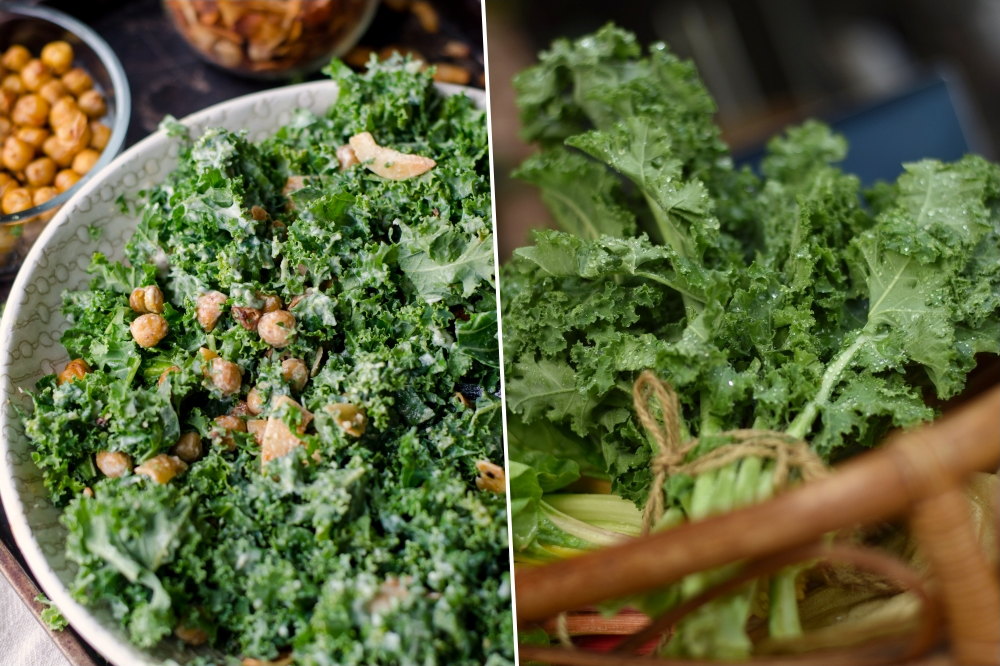
Recipe: Warm Kale and Quinoa Salad
Ingredients
- 2 cups kale, chopped
- 1 cup cooked quinoa
- 1/4 cup feta cheese
- 1/4 cup dried cranberries
- 2 tablespoons balsamic vinaigrette
- Salt and pepper to taste
Instructions
- Massage kale with a pinch of salt until it softens.
- Combine kale, quinoa, feta and cranberries in a bowl.
- Drizzle with balsamic vinaigrette and toss gently.
- Season with salt and pepper to taste.
Brussels Sprouts: Tiny Packages of Winter Goodness
Often overlooked, Brussels sprouts are a winter gem, thriving in cooler temperatures. These miniature cabbage-like vegetables are rich in fiber, vitamins and minerals, making them an excellent addition to your winter menu.
Why in Winter
Brussels sprouts contain vitamin K, essential for bone health. In the winter, when outdoor activities may decrease, maintaining strong and healthy bones becomes even more crucial.
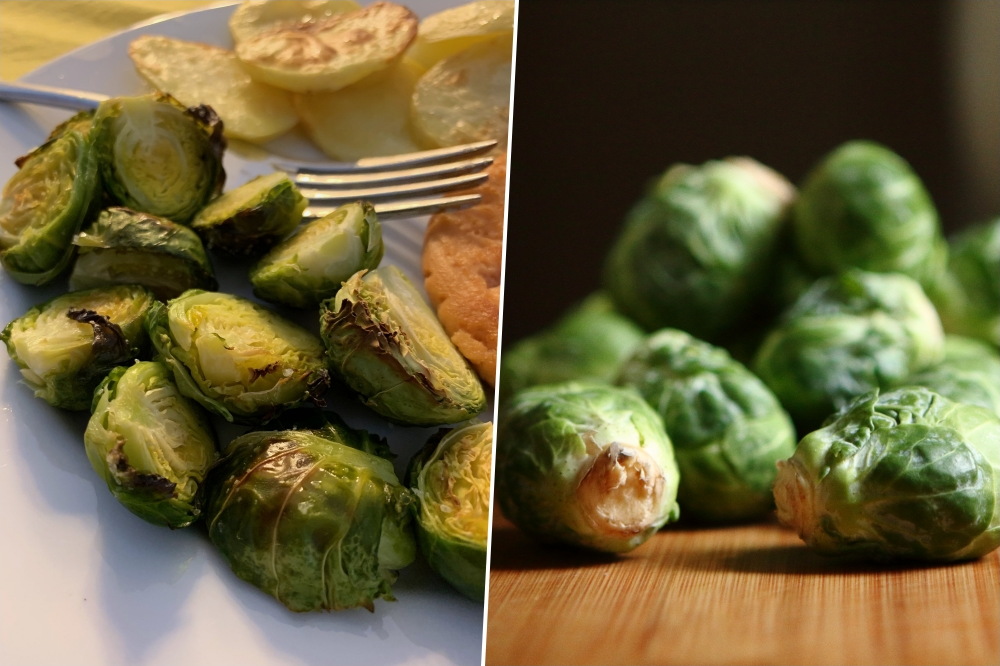
Recipe: Roasted Brussels Sprouts with Garlic and Parmesan
Ingredients
- 1 pound Brussels sprouts, halved
- 2 tablespoons olive oil
- 3 cloves garlic, minced
- 1/4 cup grated Parmesan cheese
- Salt and pepper to taste
Instructions
- Toss Brussels sprouts with olive oil, garlic, salt and pepper.
- Roast in the oven at 400°F (200°C) for 20-25 minutes, or until golden.
- Sprinkle with Parmesan cheese before serving.
Sweet Potatoes: Nature’s Sweet Winter Treat
Sweet potatoes, with their vibrant orange hue, bring warmth and sweetness to winter meals. Loaded with vitamins A and C, as well as fiber and antioxidants, these root vegetables are a nutritious and versatile choice for the colder months.
Why in Winter
The natural sweetness of sweet potatoes can satisfy winter cravings for comforting and hearty dishes, making them an excellent alternative to processed sugars.
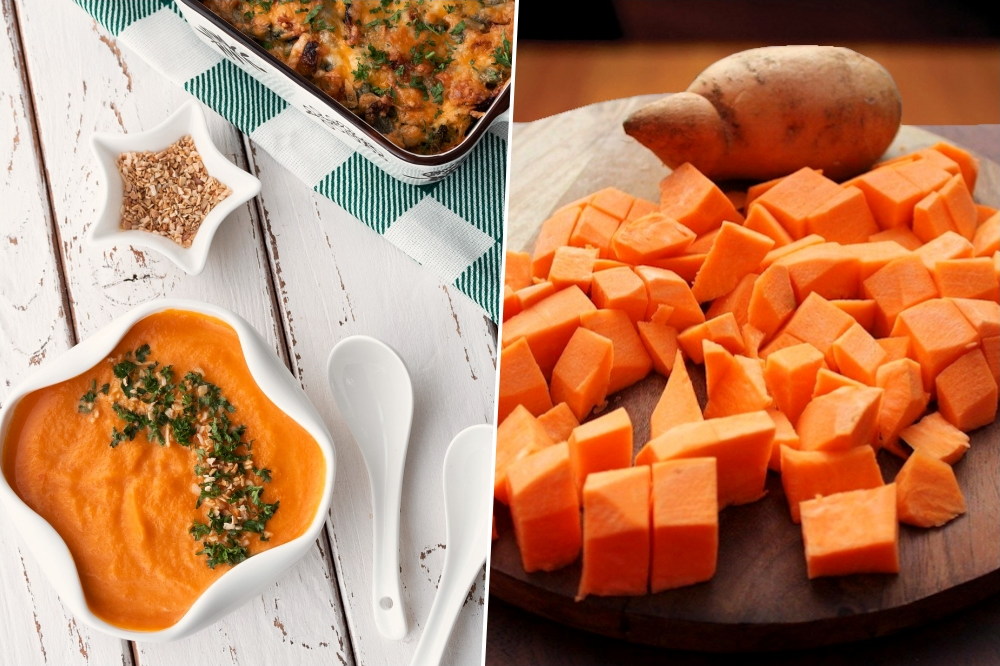
Recipe: Spicy Sweet Potato Soup
Ingredients
- 2 large sweet potatoes, peeled and diced
- 1 onion, chopped
- 2 cloves garlic, minced
- 1 teaspoon ground cumin
- 1/2 teaspoon cayenne pepper
- 4 cups vegetable broth
- Salt and pepper to taste
- Greek yogurt (optional, for serving)
Instructions
- Sauté onion and garlic until softened.
- Add sweet potatoes, cumin and cayenne pepper, and cook for 5 minutes.
- Pour in vegetable broth, bring to a boil, then simmer until sweet potatoes are tender.
- Blend until smooth, season with salt and pepper, and serve with a dollop of Greek yogurt if desired.
Winter dining doesn’t have to be dull. By incorporating kale, Brussels sprouts and sweet potatoes into your meals, you not only enjoy their unique flavors but also boost your winter wellness. These recipes not only showcase the versatility of these vegetables but also make embracing winter nutrition a delightful and delicious endeavor. Happy cooking!
